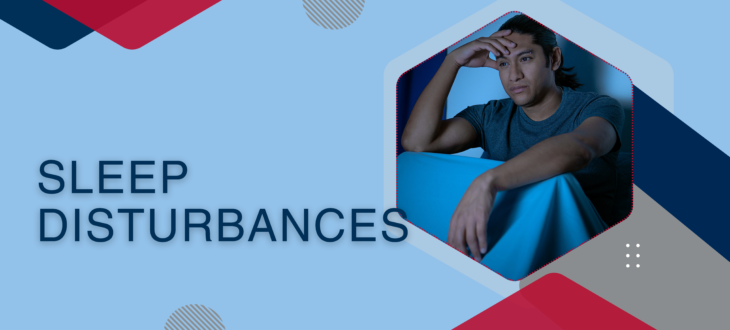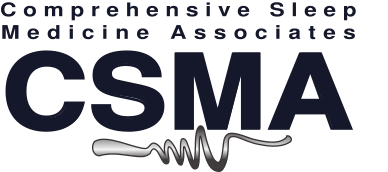Many situations can cause disturbances in your sleep patterns, and often simple lifestyle changes can dramatically help to improve your sleep quality. But while most people experience occasional periods of sleep disturbance, many others suffer from disorders such as chronic Insomnia, Restless Legs Syndrome, Excessive Daytime Sleepiness and Sleep Apnea. In these cases your doctor may recommend that you see a specialist in order to diagnose and treat your disorder.
Sleep Disturbances

Snoring can Break Your Heart!
For years people have thought of snoring as nothing more than a simple annoyance during the night: in fact it is so common that we do not view it as a medical problem. But recent statistics suggest that this seemingly simple “noise problem” may in fact increase the risk of high blood pressure, stroke, heart attack, and daytime sleepiness.
8 Simple Steps to Help Beat Insomia:
Sleep deficits can be associated with with poor work performance, driving accidents, mood problems and even more serious health risks such as heart disease and diabetes. Difficulty falling asleep is known as insomnia and can be caused by many different factors, ranging from physiological to psychological causes.
Restless Legs Syndrome (RLS) is a Common Disturbance That Usually Goes Untreated:
This condition is characterized by a restless sensations in the legs or feet, usually while lying in bed at night before going to sleep. Patients suffering from RLS obtain relief by frequently shifting or even kicking their legs while asleep.
Disruptive Sleep Disorders:
Parasomnias are disruptive sleep-related disorders that can occur during arousals from rapid eye movement (REM) sleep or arousals from non-rapid eye movement (NREM) sleep.
Daytime Sleepiness and Fatigue are Leading Causes of Accidents:
Excessive daytime sleepiness is a common problem in today’s society. It is so common that in some circles that people almost consider it a normal aspect of a productive society.
Sleep Disturbances are Reported to be Associated With ADHD or ADD:
If a child suffers from a sleep disorder that causes disruptions of their sleep throughout the night ( micro-arousals), behavioral changes may occur similar to those seen in an un-rested or overly tired child.
Sleep Bruxism is Associated With Sleep Apnea and Temporal Mandibular Dysfunction:
It has been recognized for many years that a relationship exists between Nocturnal Bruxism and OSA: recent research conducted by Dr. Simmons has demonstrated that 25% of patients with OSA demonstrate Nocturnal Bruxism.
Poor Sleep is Frequently at the Root of Fibromyalgia:
Patients with Fibromyalgia experience poor slow-wave-sleep, and many studies have shown that improving this part of sleep can drastically decrease pain.
